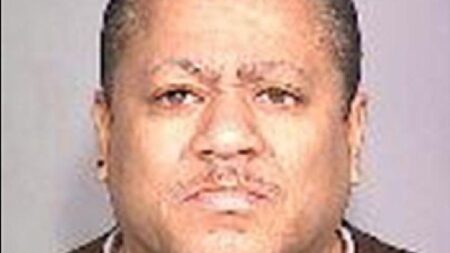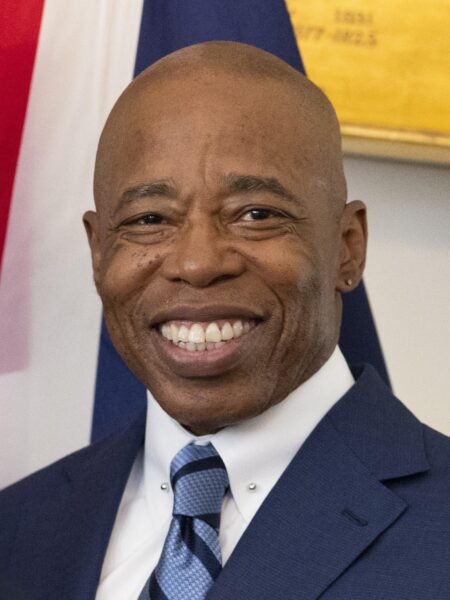PBA Achieves Court-Ordered Stay on NYPD Officer Terminations
The Patrolmen’s Benevolent Association (PBA) has recently secured a pivotal legal injunction that pauses the dismissal of over twenty New York Police Department (NYPD) officers implicated in alleged hiring irregularities. This judicial intervention provides temporary relief to the affected officers, allowing for a comprehensive examination of the circumstances surrounding their employment status. The decision casts a spotlight on concerns regarding the transparency and fairness of the NYPD’s recruitment and disciplinary procedures.
Key issues highlighted by the PBA and acknowledged by the court include:
- Inconsistencies in procedure: Doubts about the uniformity and openness of the NYPD’s investigative methods.
- Effect on workforce morale: The potential negative impact on officer motivation and future recruitment efforts.
- Need for legal safeguards: Ensuring disciplinary measures align with contractual obligations and legal standards.
| Category | Current Status | Upcoming Actions |
|---|---|---|
| Number of Officers Involved | 25+ | Detailed case reviews underway |
| Judicial Outcome | Temporary injunction issued | Additional court hearings scheduled |
| Union Position | Strongly supportive | Ongoing advocacy efforts |
Legal Foundations and Consequences of the Court Injunction on NYPD Hiring
The court’s recent ruling in favor of the PBA represents a crucial judicial check on the NYPD’s handling of hiring disputes. Central to the decision is the protection of due process rights for officers facing termination, emphasizing the necessity for transparent and consistent hiring protocols. The judges underscored that punitive actions must not be applied retroactively without clear legal authority, reinforcing the judiciary’s role in safeguarding public employees from arbitrary administrative decisions.
This ruling carries broad implications for municipal governance and law enforcement management, including:
- Guarding against unjust dismissals: Officers cannot be removed based on unverified or procedurally flawed allegations.
- Setting a precedent for future hiring audits: Recruitment processes must comply with standardized, legally sound procedures subject to judicial oversight.
- Financial ramifications: The city may face significant costs related to back pay and damages if wrongful terminations are confirmed.
| Legal Aspect | Effect |
|---|---|
| Due Process Enforcement | Enhanced protection of officers’ employment rights |
| Judicial Oversight | Limits administrative overreach in personnel matters |
| Financial Exposure | Potential for costly municipal liabilities |
Effects of the Ruling on NYPD Functionality and Officer Spirit
The injunction halting the termination of numerous NYPD officers has notably influenced the department’s internal environment. Officers previously facing sudden job insecurity now experience renewed stability, a critical factor given the high-pressure nature of police work. This legal reprieve not only safeguards employment but also reinforces the principle that administrative actions must be grounded in fairness and thorough review.
Operationally, the ruling mitigates immediate workforce disruptions, enabling leadership to concentrate on core policing objectives rather than legal disputes. The ruling’s key impacts include:
- Boosted morale: Officers feel reassured and supported, knowing their rights are being upheld.
- Maintained staffing levels: Essential patrol and investigative units retain full personnel strength amid ongoing recruitment challenges.
- Prompted policy evaluation: Command staff are encouraged to reassess hiring protocols to prevent recurrence of similar issues.
| Area | Result |
|---|---|
| Officer Assurance | Significantly improved due to protection from unjust termination |
| Resource Stability | Preserved, avoiding costly recruitment and training cycles |
| Community Engagement | Continues uninterrupted, fostering public confidence |
Strategies to Resolve Hiring Issues and Prevent Future Legal Disputes
Addressing the root causes of hiring discrepancies requires a thorough overhaul of recruitment and vetting procedures within law enforcement agencies. Implementing transparent, standardized hiring criteria coupled with independent third-party audits can significantly enhance accountability and compliance with employment laws and civil rights protections. Additionally, ongoing training for human resources and supervisory personnel on recognizing and mitigating implicit biases is essential to fostering equitable hiring practices.
Building collaborative relationships among police unions, municipal authorities, and community stakeholders is equally vital. Such partnerships can facilitate trust-building and the co-creation of fair recruitment policies. Strengthening documentation and record-keeping systems will also ensure that hiring decisions are well-supported and defensible in legal contexts. The following table summarizes key recommended approaches to minimize risks and enhance procedural integrity:
| Approach | Anticipated Benefit |
|---|---|
| Independent hiring audits | Guarantee unbiased evaluation of recruitment processes |
| Implicit bias training | Reduce discriminatory hiring practices |
| Robust record management | Enhance transparency and preserve evidentiary support |
| Union-community engagement | Foster mutual trust and shared accountability |
Conclusion: Reflecting on the PBA Court Ruling and Future Outlook
The recent judicial decision favoring the Patrolmen’s Benevolent Association represents a landmark moment in the ongoing debate over NYPD hiring practices. By temporarily suspending the termination of numerous officers, the ruling highlights the intricate balance between enforcing accountability and upholding procedural fairness within one of the country’s largest police departments. As legal proceedings advance, both the NYPD and the PBA remain silent on forthcoming steps, leaving the public and stakeholders attentive to further developments in this critical issue.













